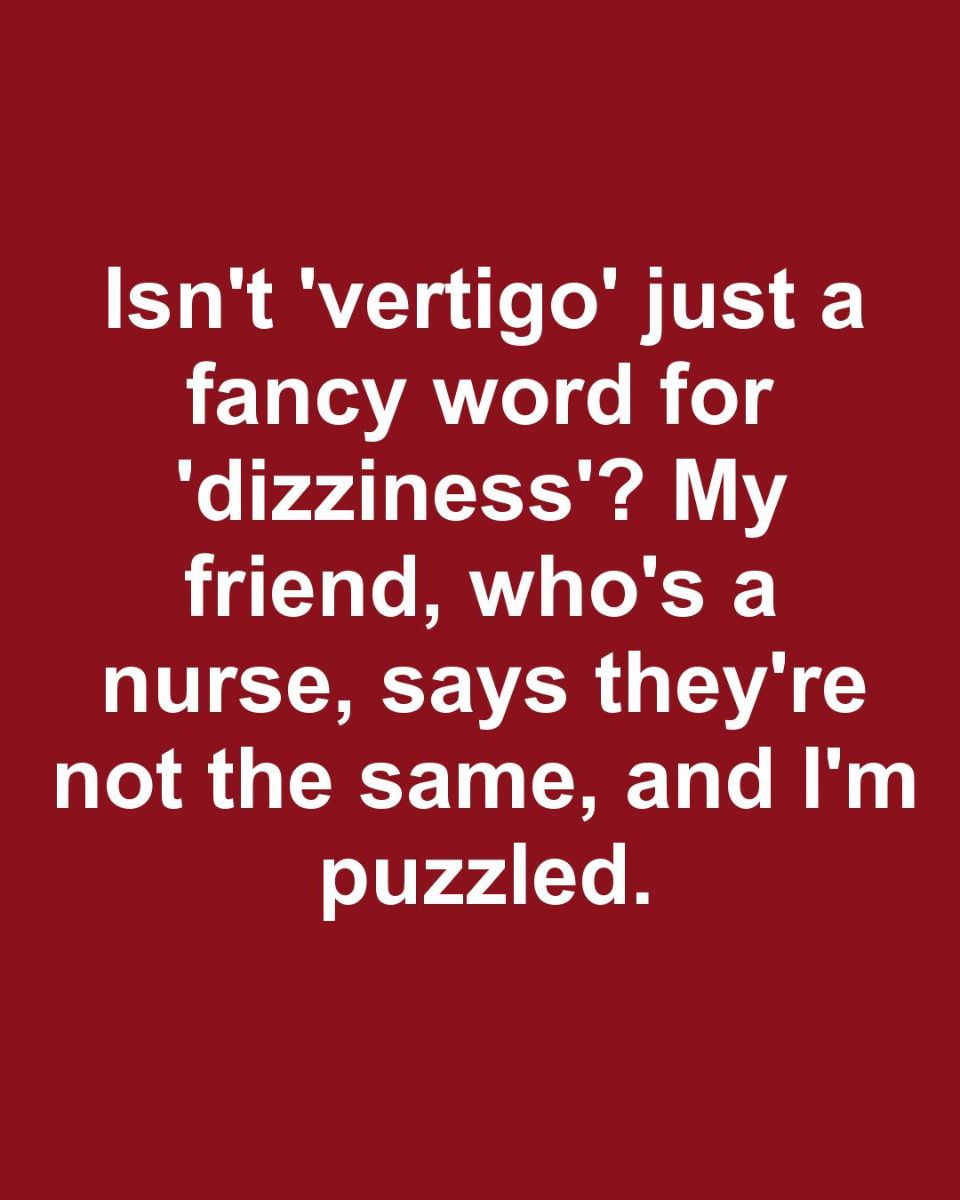ADVERTISEMENT
Vertigo and dizziness are terms often used interchangeably, but they refer to different sensations and have distinct medical implications. While both involve a sense of imbalance or disorientation, understanding the nuances between them is crucial for accurate diagnosis and treatment. This article aims to clarify these differences and provide insights into the causes, symptoms, and management of each condition.
Understanding the Definition of Vertigo
Vertigo is a specific type of dizziness characterized by the false sensation that you or your surroundings are spinning or moving. It is often described as a feeling similar to what you might experience after spinning in circles and then suddenly stopping. Vertigo is typically associated with problems in the inner ear or the vestibular system, which is responsible for maintaining balance.
Advertisement
Exploring the Causes of Vertigo
Vertigo can be caused by a variety of conditions, most commonly issues within the inner ear such as benign paroxysmal positional vertigo (BPPV), Meniere’s disease, or vestibular neuritis. It can also result from migraines or, less commonly, from central nervous system disorders such as multiple sclerosis or a stroke. Understanding the underlying cause is essential for effective treatment.
Defining Dizziness and Its Implications
Dizziness is a broader term that describes a range of sensations, including feeling faint, woozy, weak, or unsteady. Unlike vertigo, dizziness does not involve the sensation of spinning. It can be a symptom of various conditions, ranging from dehydration and low blood sugar to more serious issues like heart problems or neurological disorders.
Common Causes of Dizziness
For Complete Cooking STEPS Please Head On Over To Next Page Or Open button (>) and don’t forget to SHARE with your Facebook friends
